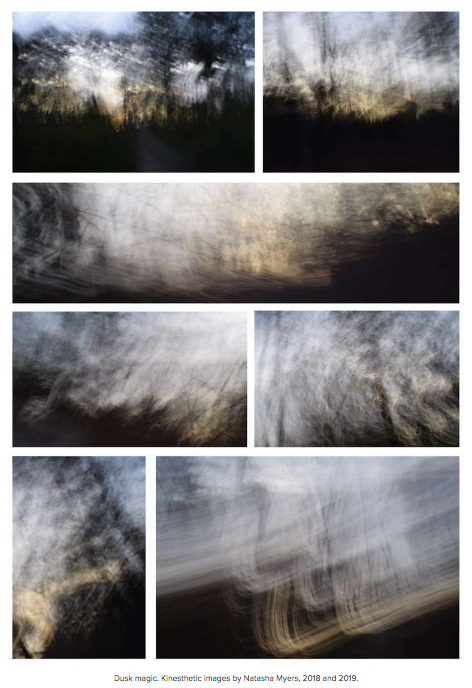In 10 minutes on Saturday, Day 3! "Re/Distribute: Three Radical Economists on (Post)Apartheid"
This panel also marks the beginning of the last loop of #Distribute2020!!!
Follow below from some livetweets on this short film by me, @afleisch_anthro!
This panel also marks the beginning of the last loop of #Distribute2020!!!
Follow below from some livetweets on this short film by me, @afleisch_anthro!
https://twitter.com/culanth/status/1258907031114625024
We're off!
Distribution/re-distribution presupposes something exists that can be appropriated—like an artifact (rather than a commodity).
The thing or commodity or artifact is produced socially but appropriated individually! But there's nothing naturally private about it!
Distribution/re-distribution presupposes something exists that can be appropriated—like an artifact (rather than a commodity).
The thing or commodity or artifact is produced socially but appropriated individually! But there's nothing naturally private about it!
The film then discusses the making of a few (left) economists in the South African post-apartheid context
These three left economists Rasigan Maharajh, Chris Malikane & Samantha Ashman were all active in the anti-apartheid movement, faced various dangers and all came to economics after studying in other fields
The economists lay out history of land dispossession, extraction from colonialism to racial capitalism, whose highest form, Rasigan says, is apartheid.
Post-liberation in South Africa: the question of redistribution of wealth and land that was once mainstream in the liberation movement, became unthinkable for the ANC in mainstream politics
The panel closing with some big questions:
What is the future of redistribution?
What might redistribution look like in neoliberal capitalism?
#Distribute2020
What is the future of redistribution?
What might redistribution look like in neoliberal capitalism?
#Distribute2020
The panel ends with looking toward a more ecologically and economically sustainable future!
Now over in the Zoom Virtual Hallway for this panel! #Distribute2020
Now over in the Zoom Virtual Hallway for this panel! #Distribute2020
• • •
Missing some Tweet in this thread? You can try to
force a refresh








